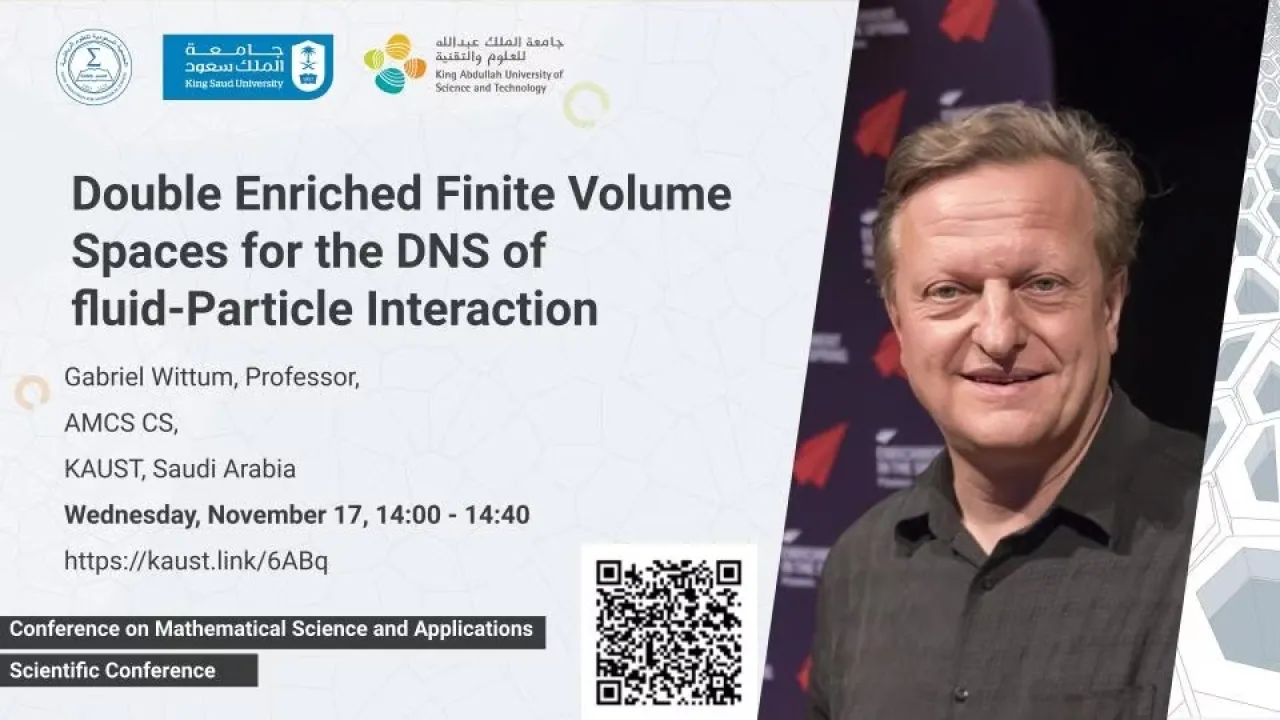
Double Enriched Finite Volume Spaces for the DNS of fluid-Particle Interaction - Scientific Conference
Overview
Abstract
We present double enriched finite volume spaces for the simulation of free particles in a fluid. This involves forces being exchanged between the particles and the fluid at the interface. In an earlier work we derived a monolithic scheme which includes the interaction forces into the Navier-Stokes equations by direct coupling. In multiphase flows oscillations and spurious velocities are a common issue. The surface force term yields a jump in the pressure and therefore the oscillations are usually resolved by extending the spaces on cut elements in order to resolve the discontinuity. For the construction of the enriched spaces proposed in this paper we exploit the Petrov-Galerkin formulation of the vertex-centered finite volume method (PG-FVM). From the perspective of the finite volume scheme we argue that wrong discrete normal directions at the interface are the origin of the oscillations. The new perspective of normal vectors suggests to look at gradients rather than values of the enriching shape functions. The crucial parameter of the enrichment functions therefore is the gradient of the shape functions and especially the one of the test space. The distinguishing feature of our construction therefore is an enrichment that is based on the choice of shape functions with consistent gradients. These derivations finally yield a fitted scheme for the immersed interface. We further propose a strategy ensuring a well-conditioned system independent of the location of the interface. Numerical tests were conducted using the PG-FVM. We demonstrate that the enriched spaces are able to eliminate
the oscillations. Joint work with Susanne Hollbacher.
Brief Biography
Gabriel Wittum holds a professorship for Applied Mathematics, Computational Science, Computer Science and Bioengineering at KAUST, Saudi Arabia, and for Modelling and Simulation at Frankfurt University, Germany. He is an expert in modelling and simulation of problems from empirical sciences. He solves problems from the classical physical and engineering sciences like fluid mechanics, groundwater flow and transport, environmental science, energy research reaching out to biology, pharmacy, medicine, finance and many more disciplines. Starting from numerical analysis, he develops robust and scalable multi-grid methods, software systems for large scale computing, For his scientific work he has been honoured with the Heinz-Maier-Leibnitz price and the doIT Software Award. He authored over 200 scientific publications.